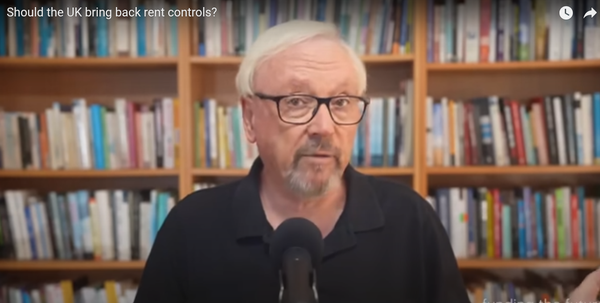Council’s Incomplete Response to Housing Void Issues Raises Concerns for Tenants
The concerns of social tenants in Cheltenham are growing due to Cheltenham Borough Council’s responses to a public question about the number of empty council homes and the associated financial impacts, which appear to leave out key details and leave renters seeking further clarity.
The question, submitted by former Councillor Wendy Flynn (Green, Hesters Way), was directed to Councillor Flo Clucas (Liberal Democrat, Cabinet Member for Housing and Customer Services) at a recent council meeting, but the replies have prompted calls for more complete information.
Former Cllr Flynn asked for the current number of void properties in Cheltenham, the average time they’ve been standing empty, and how many qualify as long-term voids (over 60 days). Cllr Clucas replied with data from September 30, 2025—two weeks prior to today—listing 127 voids: 21 empty for 0-3 weeks, 32 for 4-12 weeks, and 74 for 13 weeks or more, plus 18 in the lettings process. However, she did not provide the average empty time or a direct count of voids over 60 days, requiring interpretation of the categories provided.
In her second question, former Cllr Flynn requested a detailed estimate of the total financial loss to the Housing Revenue Account (HRA) from voids since management was brought back in-house on July 1, 2024, along with the monthly cost of housing families in temporary accommodation and potential savings if voids were addressed. Cllr Clucas provided a £456,600 loss for 2024/25 (1.8% of rent) and £335,000 to date for 2025/26 (2.64%), but did not include a cumulative total since the transfer—despite the 2024/25 figure encompassing pre-transfer months—and made no mention of temporary accommodation costs.
These responses come amid ongoing discussions about the council’s handling of the Cheltenham Borough Homes (CBH) dissolution. Established in 2005 as an arms-length management organisation to secure public funding, CBH was brought back in-house last year with the stated aim of improving performance. However, financial pressures on the council, including a £4.7 million overspend on Minster Square and £200 million in borrowings for the Golden Valley Cyberpark, have raised questions about the motivations. The council transferred £2 million from CBH—£1 million to the HRA and £1 million to the general fund—utilizing these resources to address wider budget shortfalls. This has contributed to a £1 million shortfall in the HRA reserve fund, now at £500,000 against a £1.5 million target, which could lead to rent rises or service cuts based on current trends, affecting both social tenants and the broader rental market.
The transfer has been associated with organisational changes, including the removal of certain management roles, which is linked to a £300,000 loss from unoccupied properties attributed to delays in contractor accreditation according to analysis. Former Cllr Flynn has highlighted the lack of consultation, while Conservative Cllr Emma Nelson described the staff notification process as “insensitive.” The council’s recent advertisement for new demand management roles—previously reduced—raises questions about the sustainability of the initial savings, suggesting they may have been short-term in our view, potentially destabilizing rental availability and affordability.
Tenants, both social and those in the broader market, are affected by these financial and operational matters. Cllr Clucas’s responses as Cabinet Member—featuring data that is partial, outdated in timing, and attributing issues to CBH’s “legacy”—do not fully address the inquiries. The 14% void reduction referenced overlooks the increasing loss percentage, and references to “right changes” and “significant savings” lack specific details. This approach raises transparency concerns for a council managing ring-fenced housing funds under broader financial strain, impacting rental stability across Cheltenham.

